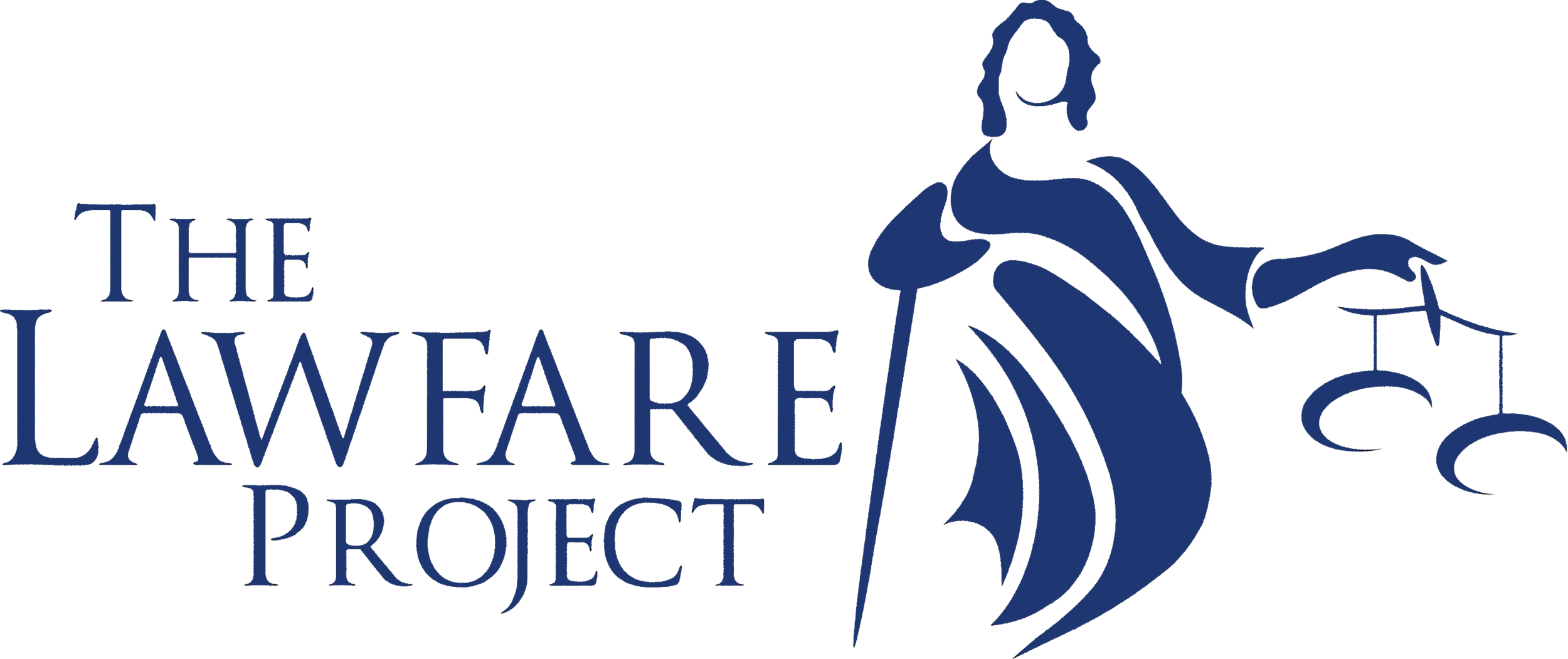BREAKING: Lawsuit threatens Passover and Israel's Jewish character
Last week, with the support of The Lawfare Project, one of Israel's most prominent constitutional and administrative law lawyers requested leave from Israel's High Court of Justice to submit an amicus curiae ("friend of the court") brief opposing the introduction of chametz (leavened bread) on Israel Defense Forces (IDF) military bases during Passover. The underlying lawsuit — launched in 2021 by non-governmental organizations the Secular Forum and Hiddush — seeks to overturn the longstanding IDF prohibition on food that is not kosher for Passover. The case was just covered by The Jerusalem Post.
For one thing, allowing chametz would infringe on the religious freedom of countless observant IDF soldiers and would likely discourage them from being present on their bases during Passover. Religious Israelis may be dissuaded from joining the military at all. More broadly, the lawsuit is a direct attack on Israel's Jewish character and an attempt to undermine the integrity of the Jewish State by portraying the longstanding tradition of abstaining from chametz during Passover — which is observed by the overwhelming majority of Israeli Jews, both religious and secular — as some sort of civil or human rights violation. All the more troubling, the organizations behind this lawsuit are funded by the New Israel Fund, which also provides significant financial support to a number of entities (such as Adalah and Breaking the Silence) that are "primarily active in campaigns that contribute to BDS and delegitimization" of the State of Israel.
The request to file the amicus brief was submitted by attorney Guy Busy — founding partner of Busy, Negbi, Aviani, Cohen, Eyal & Co. — on behalf of a coalition of Israeli educational bodies representing both religious and secular pre-military preparatory schools. The coalition includes the Pre-Military Preparatory Council, the Higher Yeshivot Association, and the Hesder Yeshivot Association. While not always aligned in their positions, these parties have united in their strong opposition to the lawsuit. Busy's request asserted that it would be inconceivable for the Court to address as fundamental an issue as chametz on IDF bases without considering the positions of these parties, which prepare tens of thousands of soldiers for IDF service. Moreover, Busy argued that (i) the very question of chametz on bases is a matter for the Knesset (Israel's legislative body) and should never have been taken up by the Court in the first place, and (ii) a judicial decree overturning the chametz prohibition would violate existing Israeli law.
"The IDF is the army of the Jewish people and the tradition of the Jewish people is an essential component in the identity of the IDF," said Moshe Gutman, CEO of the High Yeshivot Association. "If the tradition of keeping kosher on Passover is harmed, the IDF will no longer remain the people's army." He further noted that most Israelis maintain kosher status for Passover and admonished the High Court against setting policy based on the agenda of the small group that filed this lawsuit — a group that represents neither the IDF nor the Israeli public at large.
Busy added that a decision by the Court to reverse the chametz ban would cause "unbearable and disproportionate" harm, as religious IDF soldiers "will not be able to fulfill their military and security mission because they will not have the opportunity to exist at the military base in a normal and natural way." He added, "The damage to and erosion of the Jewish character of the State of Israel will be severe and enormous."
The issue of chametz recently made major waves in the Knesset when MK Idit Silman resigned from her role in Israel's governing coalition to join the opposition Likud party. The move, which caused the coalition to lose its majority in the Knesset, was reportedly motivated by Silman's dispute with the Israeli health minister for lifting a chametz ban in hospitals during Passover.

